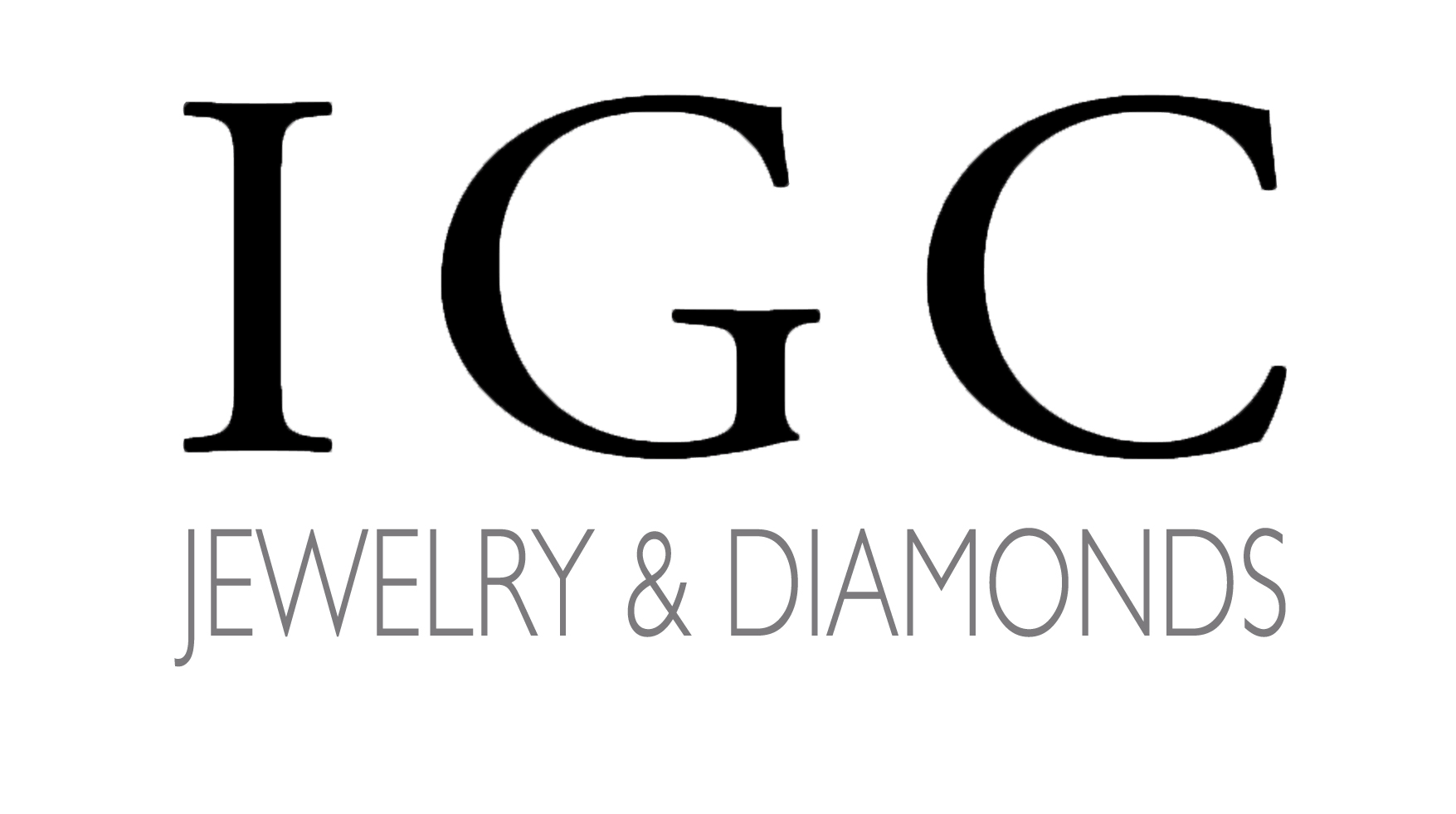Botswana, officially the Republic of Botswana is a landlocked country located in Southern Africa. The citizens are properly referred to as “Batswana” (singular: Motswana), Botswana a former British colony became independent on 30 September 1966. It has held free and fair democratic elections since independence.
Botswana is flat, and up to 70% is covered by the Kalahari Desert. It is bordered by South Africa to the south and southeast, Namibia to the west and north, and Zimbabwe to the northeast.
A mid-sized country of just over two million people, Botswana is one of the most sparsely populated countries in the world. Botswana was one of the poorest countries in Africa when it gained independence from the United Kingdom in 1966, with a GDP per capita of about US$70.

The country Botswana has since transformed itself, becoming one of the fastest-growing economies in the world with a GDP (purchasing power parity) of 14,000.per capita.
The country also has a strong tradition as a representative democracy.
At 600,370 km2 (231,804 sq mi) Botswana is the world’s 47th-largest country (after Ukraine). It is comparable in size to Madagascar, and is slightly smaller than the U.S. state of Texas or the Canadian province of Manitoba.
It lies between latitudes 17° and 27°S, and longitudes 20° and 30°E.The country is predominantly flat & dominated by the Kalahari Desert, which covers up to 70% of its land surface. The Okavango Delta, the world’s largest inland delta, is in the northwest. The Makgadikgadi Pan, a large salt pan, lies in the north.
Since independence, Botswana has had one of the fastest growth rates in per capita income in the world. Botswana has transformed itself from one of the poorest countries in the world to a middle-income country. By one estimate, it has the fourth highest gross national income at purchasing power parity in Africa, giving it a standard of living around that of Mexico and Turkey.
According to the International Monetary Fund, economic growth averaged over 9% per year from 1966 to 1999. Botswana has a high level of economic freedom compared to other African countries. The government has maintained a sound fiscal policy, despite consecutive budget deficits in 2002 and 2003, and a negligible level of foreign debt. It earned the highest sovereign credit rating in Africa and has stockpiled foreign exchange reserves (over $7 billion in 2005/2006) amounting to almost two and a half years of current imports.
 Debswana, the largest diamond mining company operating in Botswana, is 50% owned by the government. The mineral industry provides about 40% of all government revenues. In 2007, significant quantities of uranium were discovered, and mining was projected to begin by 2010. Several international mining corporations have established regional headquarters in Botswana, and prospected for diamonds, gold, uranium, copper, and even oil, many coming back with positive results.
Debswana, the largest diamond mining company operating in Botswana, is 50% owned by the government. The mineral industry provides about 40% of all government revenues. In 2007, significant quantities of uranium were discovered, and mining was projected to begin by 2010. Several international mining corporations have established regional headquarters in Botswana, and prospected for diamonds, gold, uranium, copper, and even oil, many coming back with positive results.
 In 2009 the Government announced they would try to shift their economic dependence on diamonds, over serious concern that its diamond production is predicted to dramatically decline in twenty years with a special focus on tourism & the unique safari experiences the country is able to offer.
In 2009 the Government announced they would try to shift their economic dependence on diamonds, over serious concern that its diamond production is predicted to dramatically decline in twenty years with a special focus on tourism & the unique safari experiences the country is able to offer.
Comments are closed.



